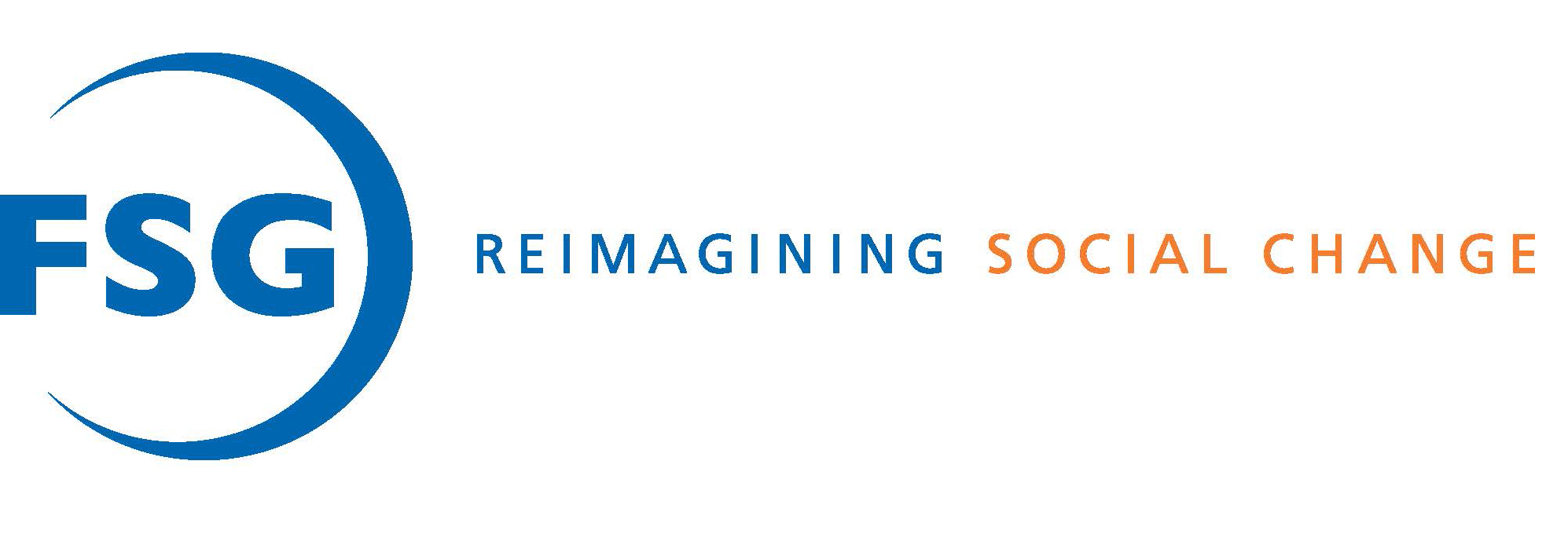Blog- It Is Not Enough Just to Teach a Man, or Woman, to Fish

What does the future hold for coastal communities reliant on a strong marine ecosystem for income and nutrition? Will living standards rise, as the benefits from a growing demand for sustainably harvested fish strengthen the well-being of fishers and their families? Or will these populations become increasingly vulnerable and marginalized due to unsustainable practices that lead us to deplete vital resources and degrade the marine environment on which fish-dependent communities rely? FSG’s recent report on Securing the Livelihoods and Nutritional Needs of Fish-Dependent Communities, developed in partnership with the Rockefeller Foundation, investigated these questions and how the world might respond differently.
The scale and urgency of the issue is immense and growing. Fisheries and aquaculture represent one of the world’s largest and fastest-growing food production systems in terms of both value and consumption. The industry generates $500 billion in wealth annually and fish consumption per capita has grown at a rate of 12 percent per year between 2005 and 2010 (compared with 8 percent per year for meat). Moreover, nearly a billion people worldwide depend on the oceans to meet their nutritional needs and sustain their livelihoods. Several groups are particularly vulnerable to changes in marine ecosystems: (1) the one-third of fishers living below the poverty line; (2) residents of low-income, food-deficit countries for whom fish protein comprises a significant proportion of their overall protein and micronutrient consumption; and (3) women who comprise 47 percent of the workforce, but earn significantly lower income than male counterparts and have less power over the management of fisheries. The resulting loss of economic opportunities for women can have long-lasting effects on families and communities as women reinvest as much as 90 percent of their income to provide food, education, and healthcare for their children and families, compared with only 30 percent reinvested by men.
There is growing evidence that more integrated, systems-based approaches, linking conservation, economic development, and food security can help address risks facing these vulnerable populations. Through supporting integrated, human rights- and equity-based efforts, policies, and practices, there is potential to achieve both positive environmental outcomes and improve the lives of the poor in these fish-dependent communities. Several opportunities for many types of stakeholders were highlighted in the research:
To learn more, read Securing the Livelihoods and Nutritional Needs of Fish-Dependent Communities and check out our Social Impact blog.

